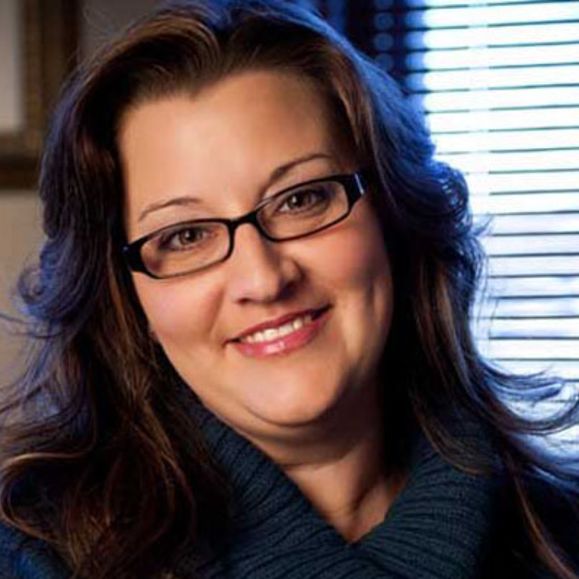Starting couples therapy can feel intimidating — especially if you're unsure what to expect. But a typical session with a skilled relationship therapist is designed to be a safe, respectful, and productive space where both partners are supported equally.
Initial Sessions: Getting to Know You
The first one to two sessions are usually focused on assessment and goal setting. Your therapist will likely ask:
- How long you've been together
- What strengths and struggles you've noticed in your relationship
- What brings you to therapy now
- What each of you hopes to achieve
Some therapists may conduct individual sessions with each partner to understand personal histories, attachment styles, or mental health considerations that affect the relationship dynamic.
The Therapist's Role
A couples therapist acts as a neutral facilitator — not a referee or judge. Their job is not to determine who's right or wrong, but to:
- Reflect communication patterns
- Help you hear each other more clearly
- Create a structured space to explore emotional wounds
- Challenge harmful cycles while teaching new relational skills
You can expect your therapist to guide conversations constructively, help de-escalate arguments, and model empathy and emotional regulation.
What You Might Do in Session
Each session is different depending on the issues being addressed, but common elements include:
- Communication exercises: Practicing how to listen without interrupting, validate each other's feelings, and express needs clearly.
- Conflict de-escalation: Learning how to "pause" fights, identify triggers, and reduce defensiveness.
- Emotionally focused dialogue: Identifying core feelings (like fear, shame, or longing) underneath surface-level arguments.
- Homework: Some therapists assign exercises between sessions, such as date nights, journaling, or practicing a specific communication tool.
Some sessions may feel emotionally intense — especially when past wounds or current betrayals are explored. Others might be light, hopeful, and even humorous. What matters most is consistency and commitment to the process.
Online vs. In-Person Sessions
With the rise of online relationship therapy, many couples find virtual sessions just as effective as in-person ones. Online therapy allows for greater flexibility, privacy, and comfort — especially for busy professionals, long-distance partners, or those who feel safer in a familiar space.
Regardless of format, a relationship counselor provides the container for deeper understanding and growth. Therapy is not about fixing your partner — it's about transforming how you relate to one another.













